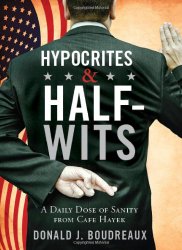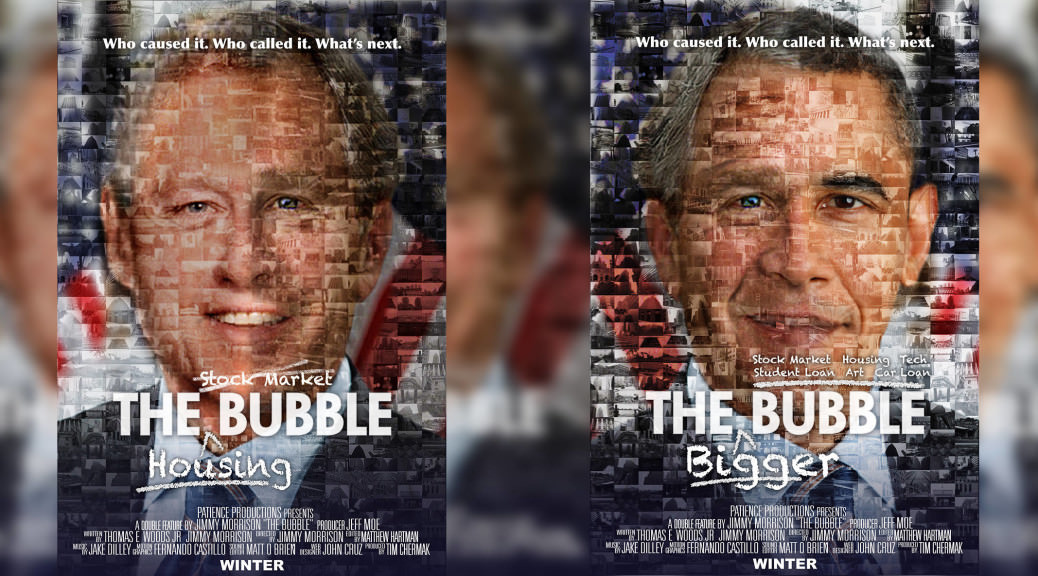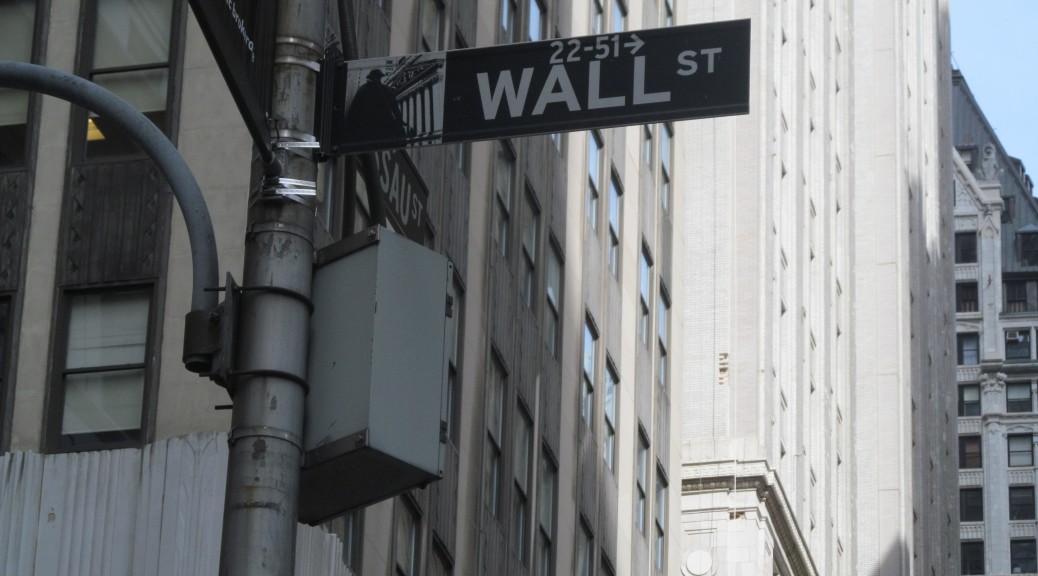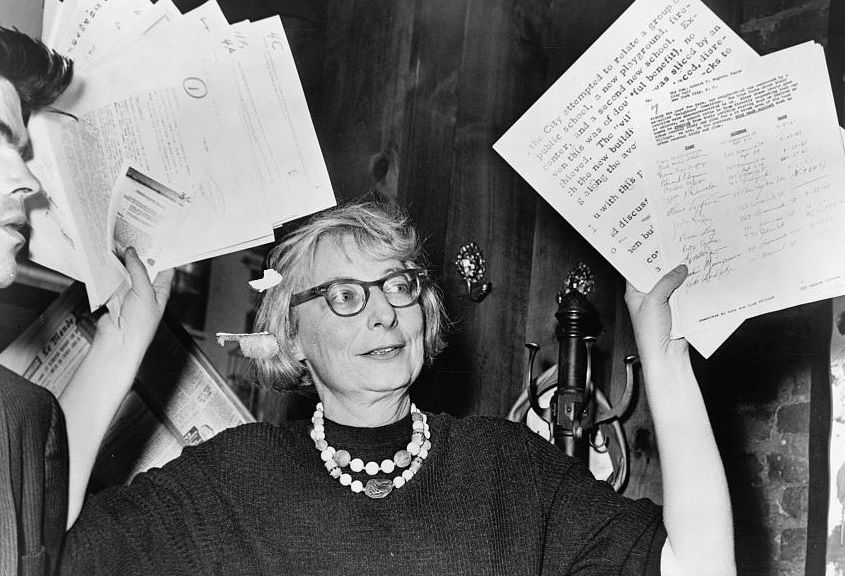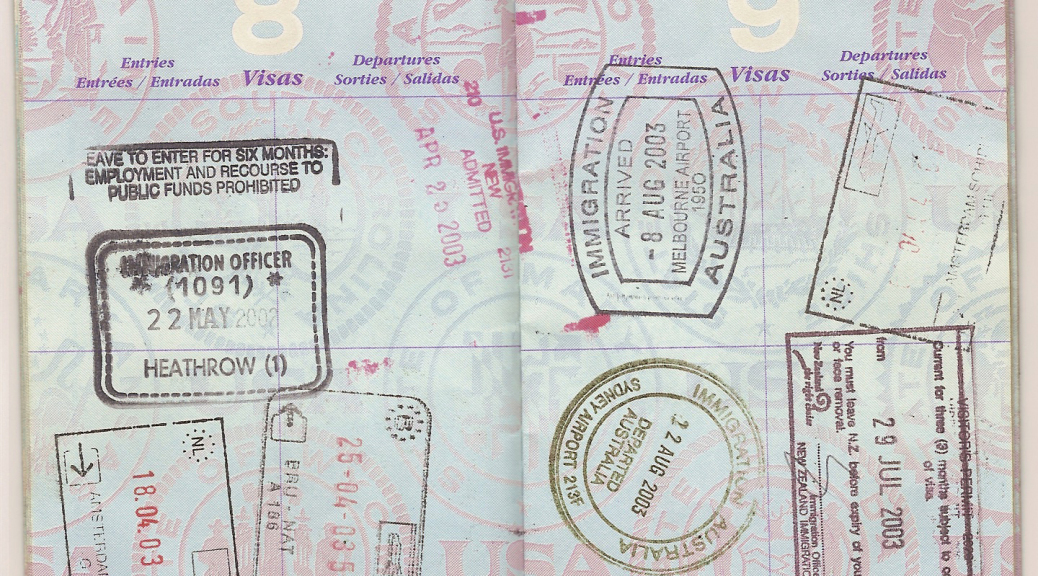…or How I Learned to Stop Worrying and Love Inequality.
David R. Henderson is a research fellow at Stanford University’s Hoover Institution, and a professor of economics at the Graduate School of Business and Public Policy, Naval Postgraduate School, in Monterey, California.
Thomas Piketty’s Capital in the 21st Century managed to do something unprecedented among equation-dense economic tomes, it became the #1 selling book on Amazon.com. The book tapped in to a hot topic among politicians and the general public: the high (and possibly rising) wealth and income shares of the top 1%. However, David points out that although the book was a best-seller, it wasn’t actually a best-reader. Amazon logs the sentences people highlight, and the top five most-highlighted sentences in Capital all appear in the first 26 pages. It seems that, at least among kindle readers, most people didn’t make it past the introduction. It appears that people buy the book to back up the views they already hold. Continue reading Income and Wealth Inequality with David R. Henderson
Subscribe to Economics Detective Radio on iTunes, Android, or Stitcher.

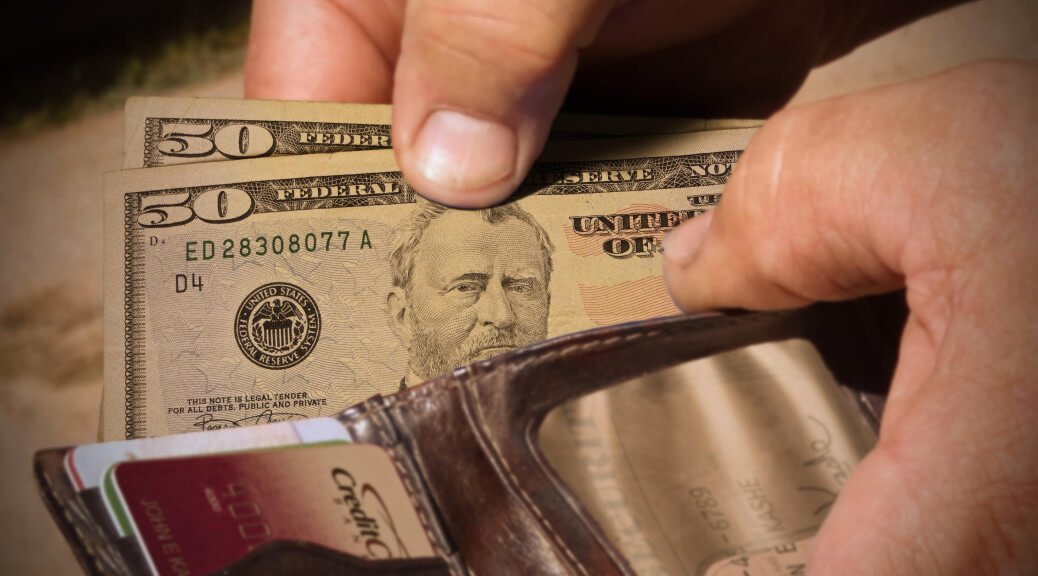
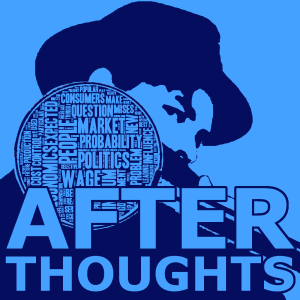 I just released the first
I just released the first 
